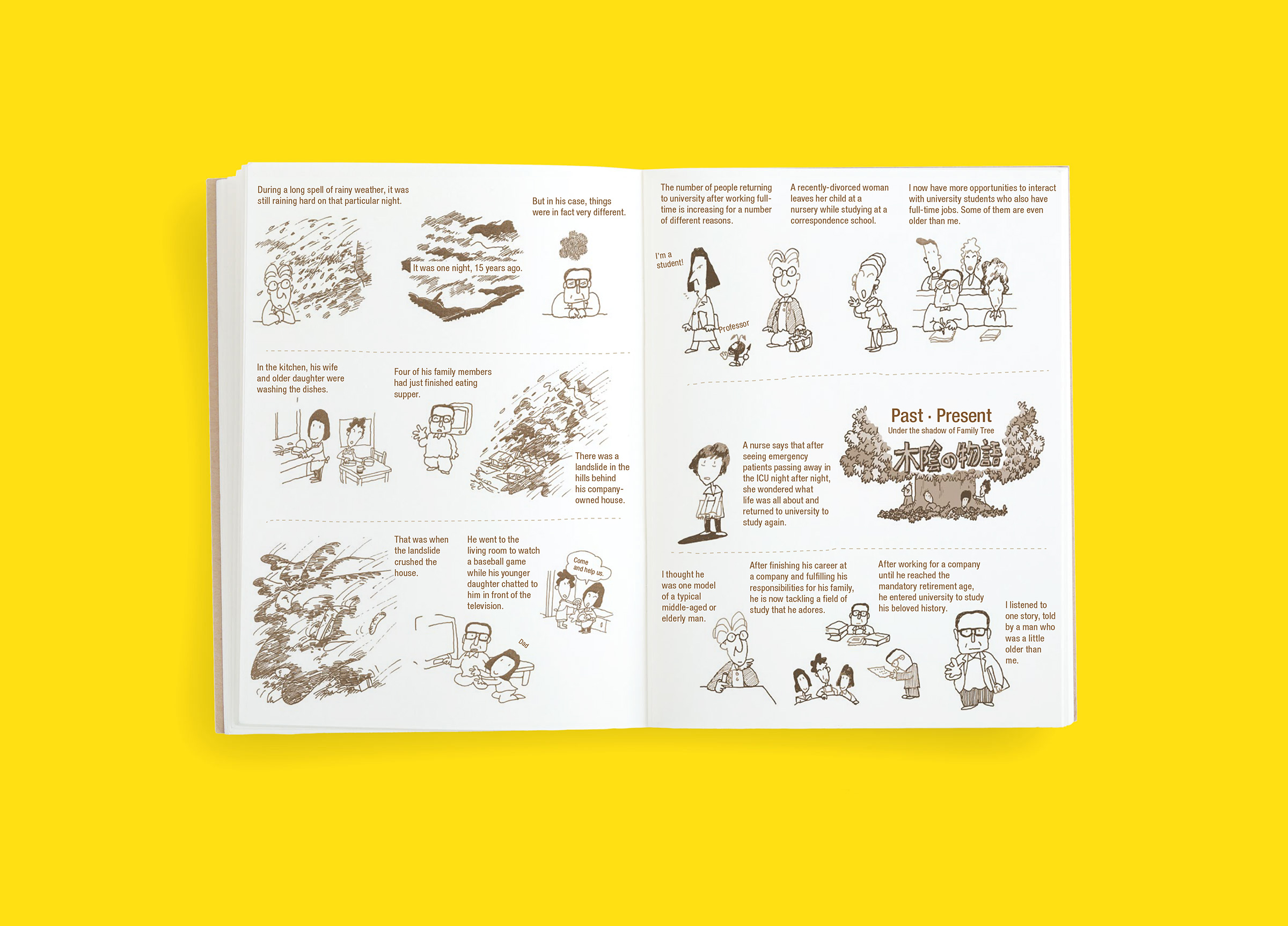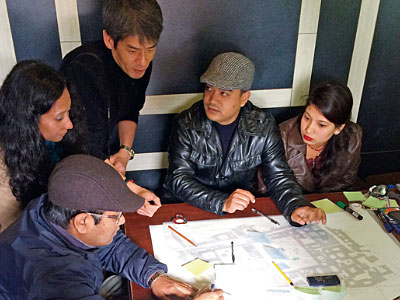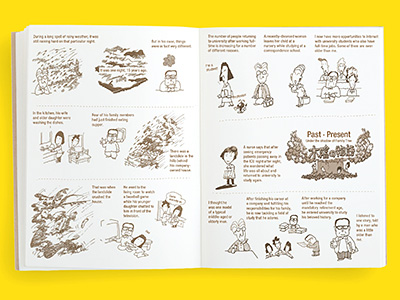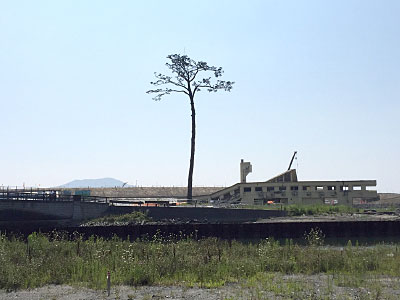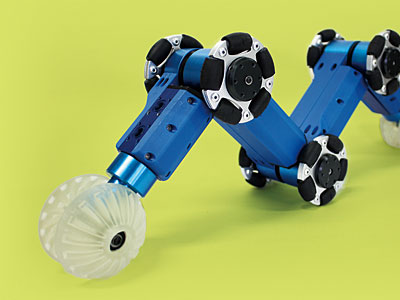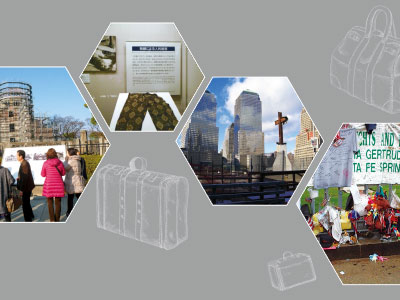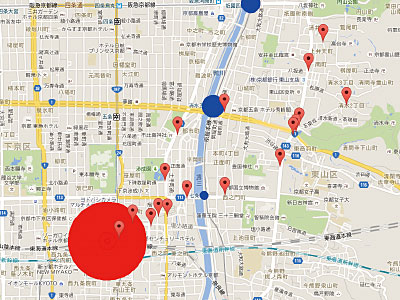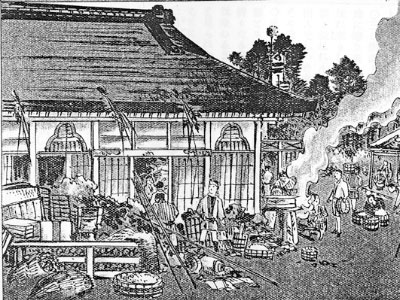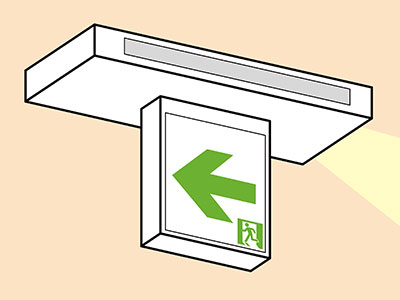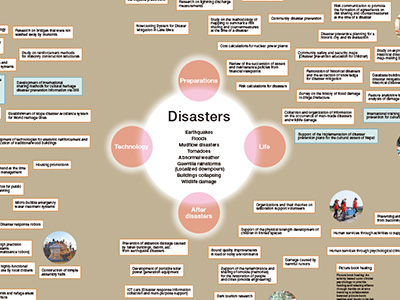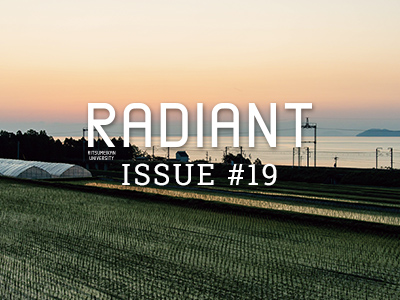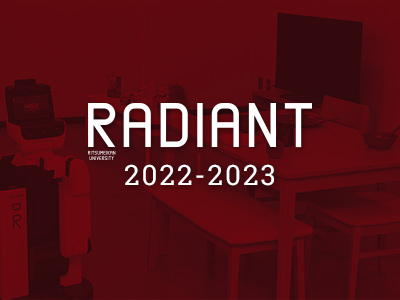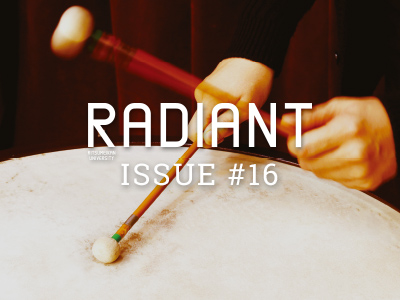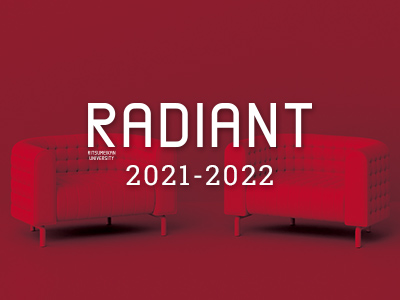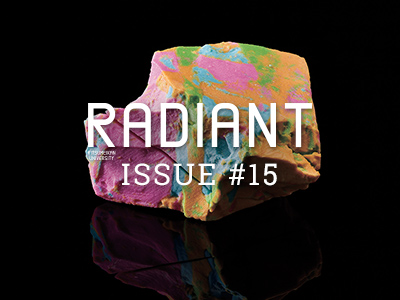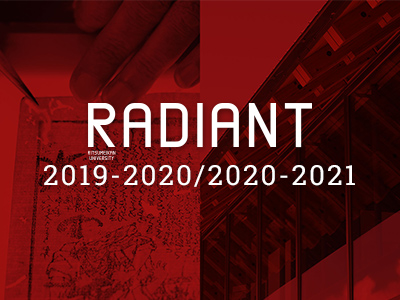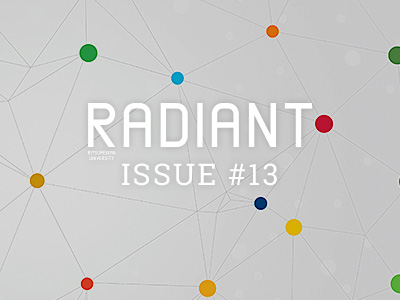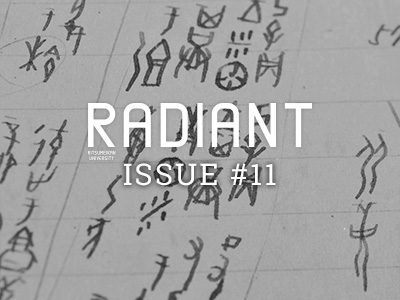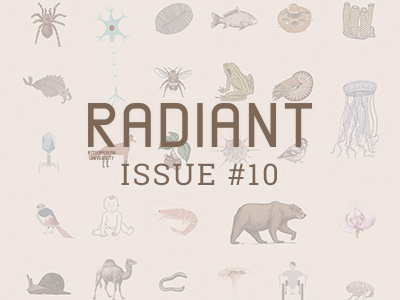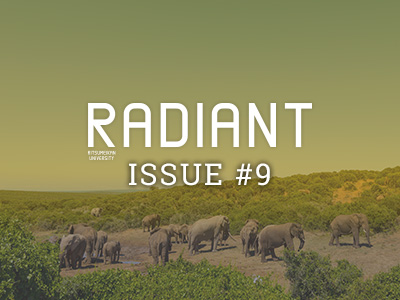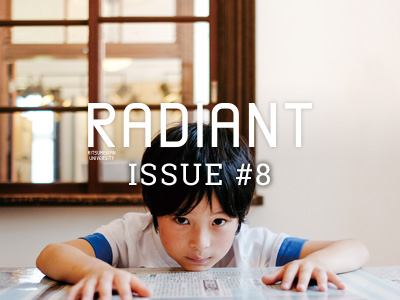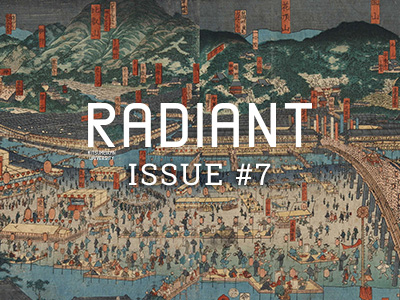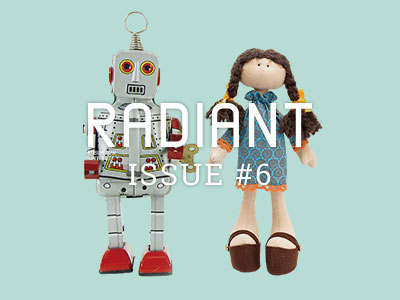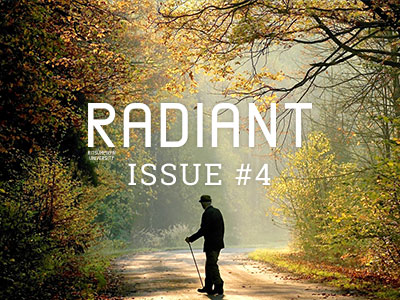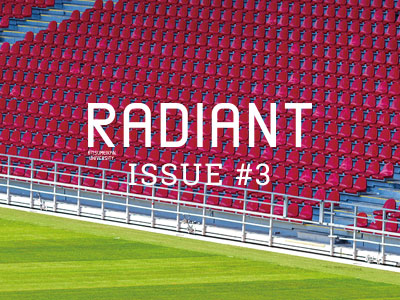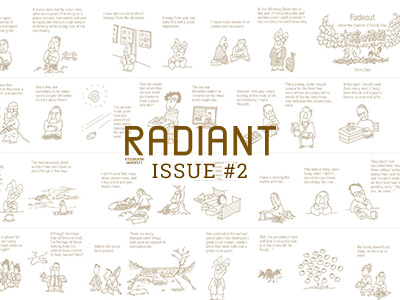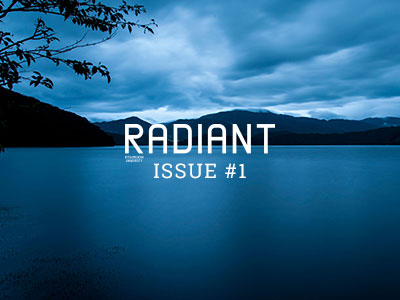SPECIAL REPORT
East Japan Family Support Project: Supplementary Report
Earthquake Disaster Recovery Continues
Kuniko Muramoto
Professor, Graduate School of Science for Human Services
Shiro Dan
Professor, Graduate School of Science for Human Services
In 2016, the special feature of the second issue of this journal, “Living with a Disaster,” covered the East Japan Family Support Project. This article reports on current efforts, following up with people living through the period following an earthquake disaster.
Exhibition of cartoons touring disaster-stricken areas held in Kyoto
For nine days between June 27 and July 5, 2015, panels from Under the Shadow of Family Tree, a graphic novel by Shiro Dan, were displayed at Sanjo Station on the Keihan Railway in Kyoto. Passengers getting on and off trains, who usually come and go in a hurry, stopped to carefully look at the cartoons.
In the wake of the Great East Japan Earthquake, a cartoon exhibition titled “Mirai no Tameno Omoide: Kokoro Kasanaru Project (Memories for the Future: Project Bringing Hearts Together)” was held as a spin-off of the East Japan Family Support Project, a ten-year exhibition touring four disaster-stricken prefectures. Project leader, Kuniko Muramoto has been working on the project of acting as a witness to the impact of the earthquake and the present state of people living through the disaster and its aftermath.
In addition to hosting a cartoon exhibition reflecting on the Great East Japan Earthquake, the current project—with its theme of “The power to overcome difficulties (resilience)”—has the objective of actively researching the concept of “mental disaster prevention.” Over and over while touring disaster-stricken areas and hosting cartoon exhibitions, Muramoto and Dan witnessed the different reactions of people who read the cartoons. “Under the Shadow of Family Tree doesn’t deal with the earthquake or the disaster,” says Muramoto. “But all of the stories illustrated have a universal quality and appear to be able to bring up the personal experiences of readers in encountering and overcoming difficulties and tragedies.” In the research, she aimed to shine a light on what was elicited in individual hearts and minds. Reading a story about facing and overcoming a difficulty, and thinking about one's own experiences and becoming able to think, “Many things happen in everyone's lives, but people still manage to continue somehow” serves as an attitude that helps—and indeed provides a source of encouragement—when facing difficulties. She believes this is the essence of “Mental disaster prevention.”
Emphasizing the “power to overcome difficulties” that we all possess
Based on the counseling approach of eliciting one’s “power to overcome difficulties,” Muramoto came up with three questions—namely, “Your impressions of the cartoon exhibition,” “How you overcame difficulties in your life,” and “Your advice for people facing difficulties now.” At the site of the cartoon exhibition and with the help of 20 graduate school students and graduates of Ritsumeikan University studying under Muramoto and other faculty members, she conducted interviews, collecting some 250 opinions over the nine-day period. “Experiences of war, experiences of risking one’s life, the death of someone familiar... In interviews lasting just a few minutes, amazing stories beyond our imagination were heard.”
Muramoto and her group qualitatively analyzed the interview data, elucidating the meanings of Dan’s cartoons for individual readers and compiling them into “Strategies for overcoming life’s difficulties.” According to these strategies, the power to overcome difficulties comes from “depending on others and gaining strength through our connections,” “taking over our life with determination” and “accepting our destiny as it is—i.e. our philosophy on life.” What Muramoto thinks is especially important in terms of “connecting with others” is loose relationships that are not necessarily tied to direct support. She says, “Just being with someone, and maintaining such a loose relationship leads to a form of resilience.” This is the very reason why Muramoto and her team are spending a decade trying to be witnesses to the disaster and restoration.
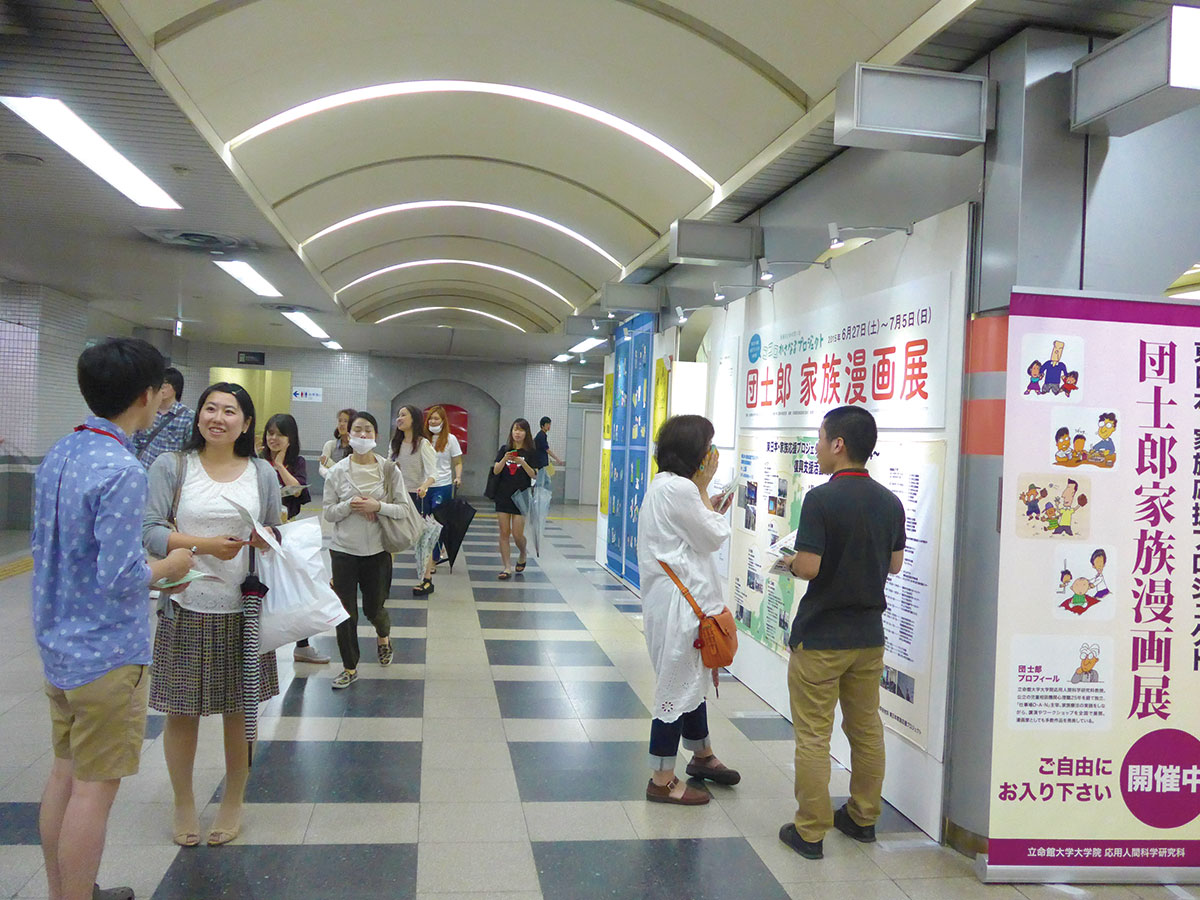
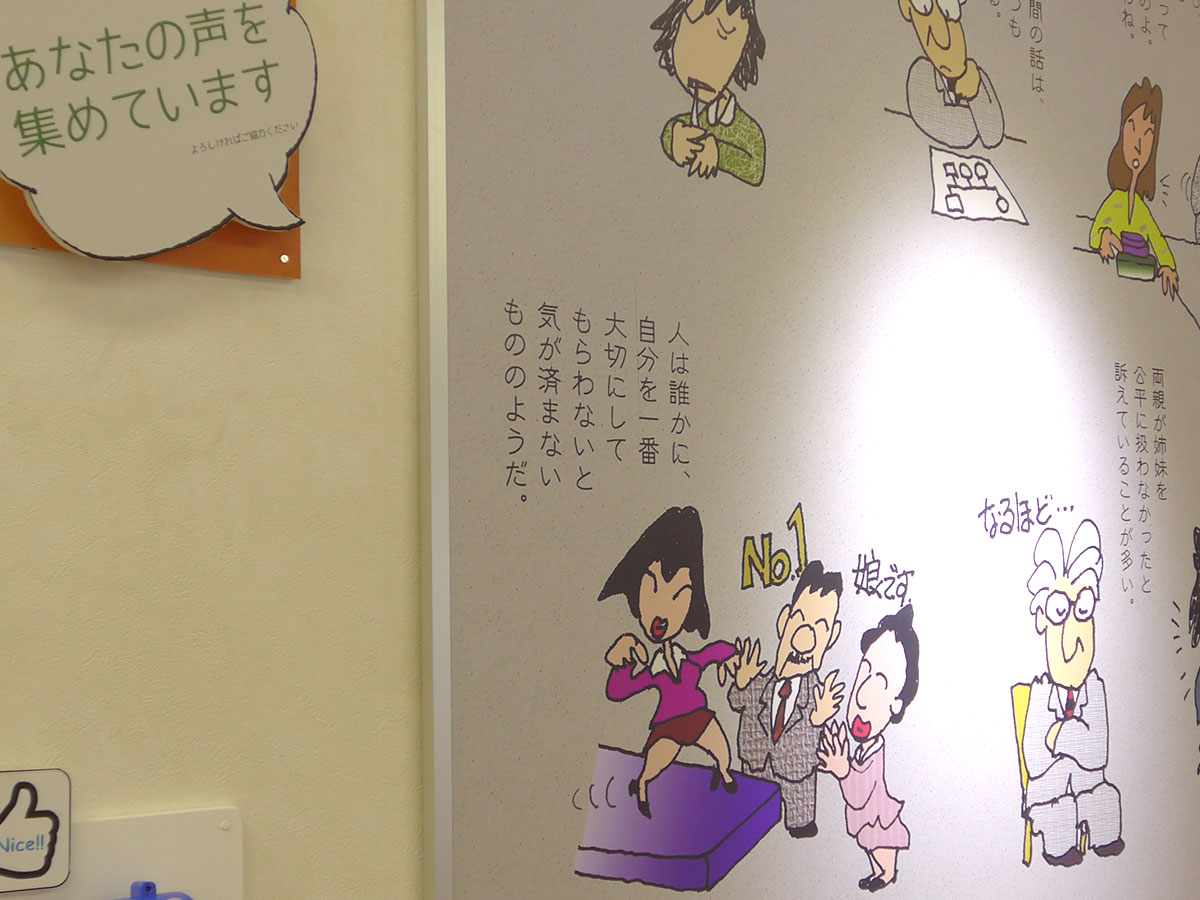
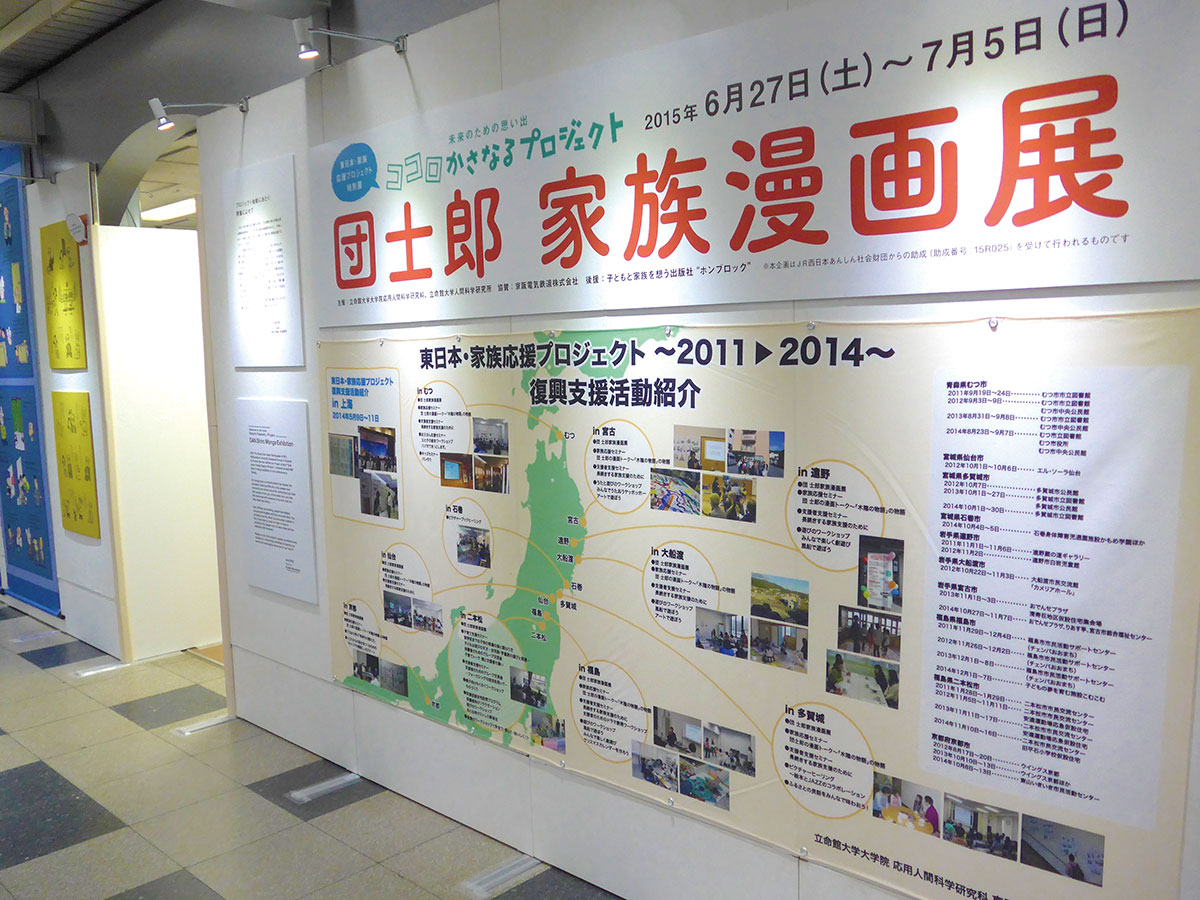
Thinking about disaster-stricken areas becomes “Mental disaster prevention”
“It is our responsibility as researchers to turn the results of our surveys and research into theories and practical know-how,” says Muramoto. “However, something that is more important is enabling interviewees to become psychologically prepared for the next disaster by sharing their power to overcome difficulties through the process.” Another benefit from the survey was the impact felt by the graduate school students engaged in the interviews, in addition to the interviewees. Being surprised by and feeling gratitude toward the strangers who responded to the requests and discussed their dramatic lives, the students learned that everyone has a history of living up until that point, and made them reflect that the project became their own “Mental disaster prevention.”
The real meaning of such an effort is “Going beyond the framework of existing support,” explains Dan. “Although there are many methodologies in which support is provided by experts in different fields, there are always some people who are still suffering. For these people, we probably need a completely different framework from the conventional ones.”
With disasters occurring frequently all over the world, this is not a matter for other people. “What is important is that everyone continues to think about disaster-stricken areas, remembering that ‘this could happen to me,’” Muramoto says. “That will create the power to stand up again for disaster survivors and also help yourself when you face some difficulty.” Her words sound as though they are directed at everyone.
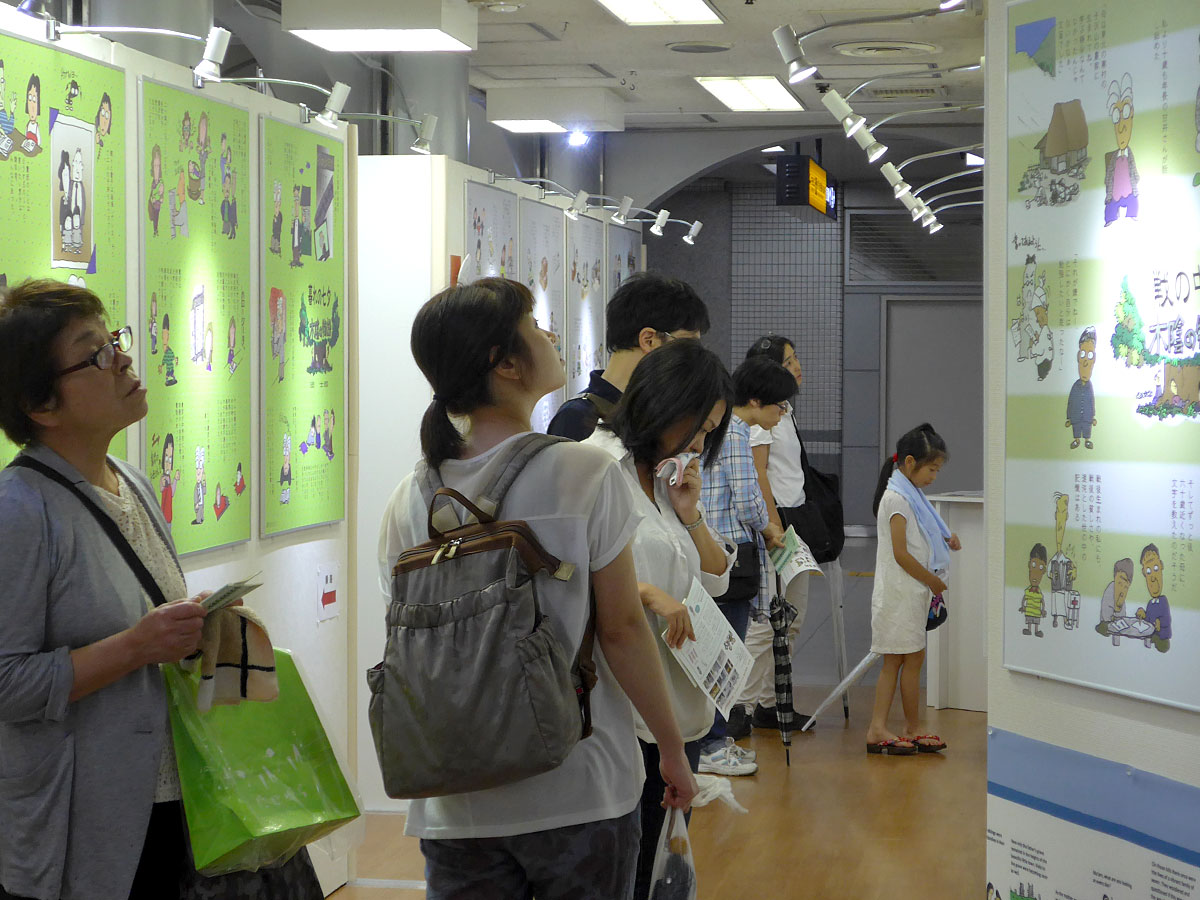
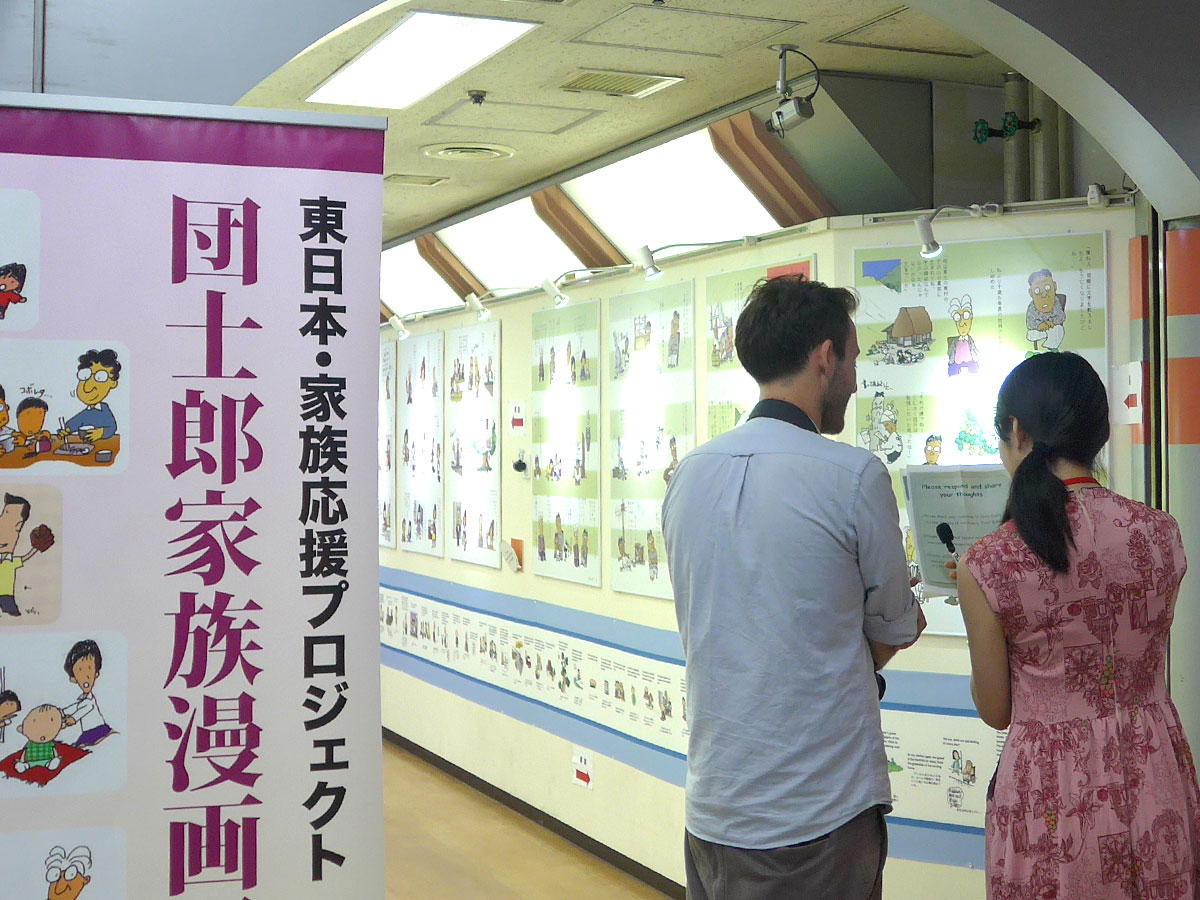
Under the Shadow of Family Tree Todokeru! (Delivering!) Project
A special version of Under the Shadow of Family Tree was launched as part of the overall disaster support. If, after reading this article, you feel a strong desire to send a copy to a certain person or if you have a heartfelt urge to present the booklet, we can send up to 10 copies per applicant to a designated address. For further details, please visit the “Todokeru! (Delivering!) Project” website.
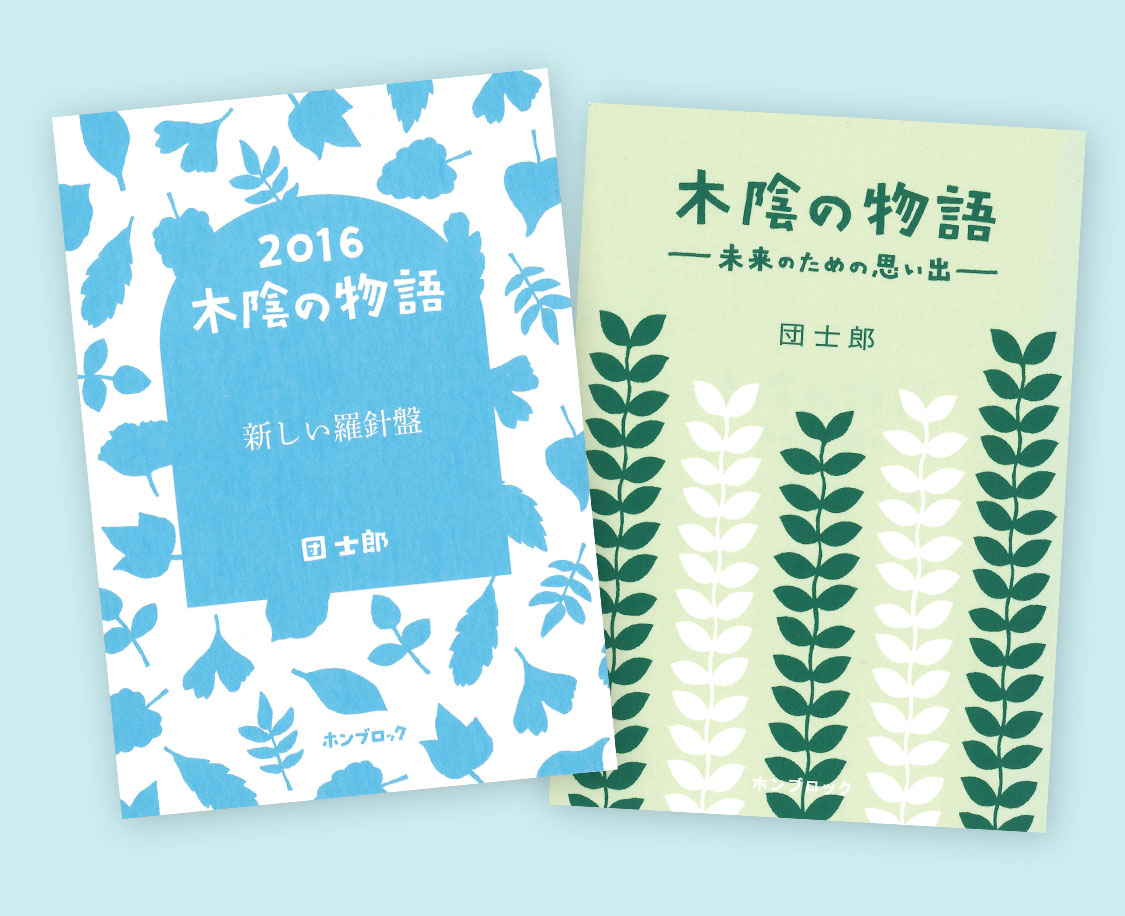
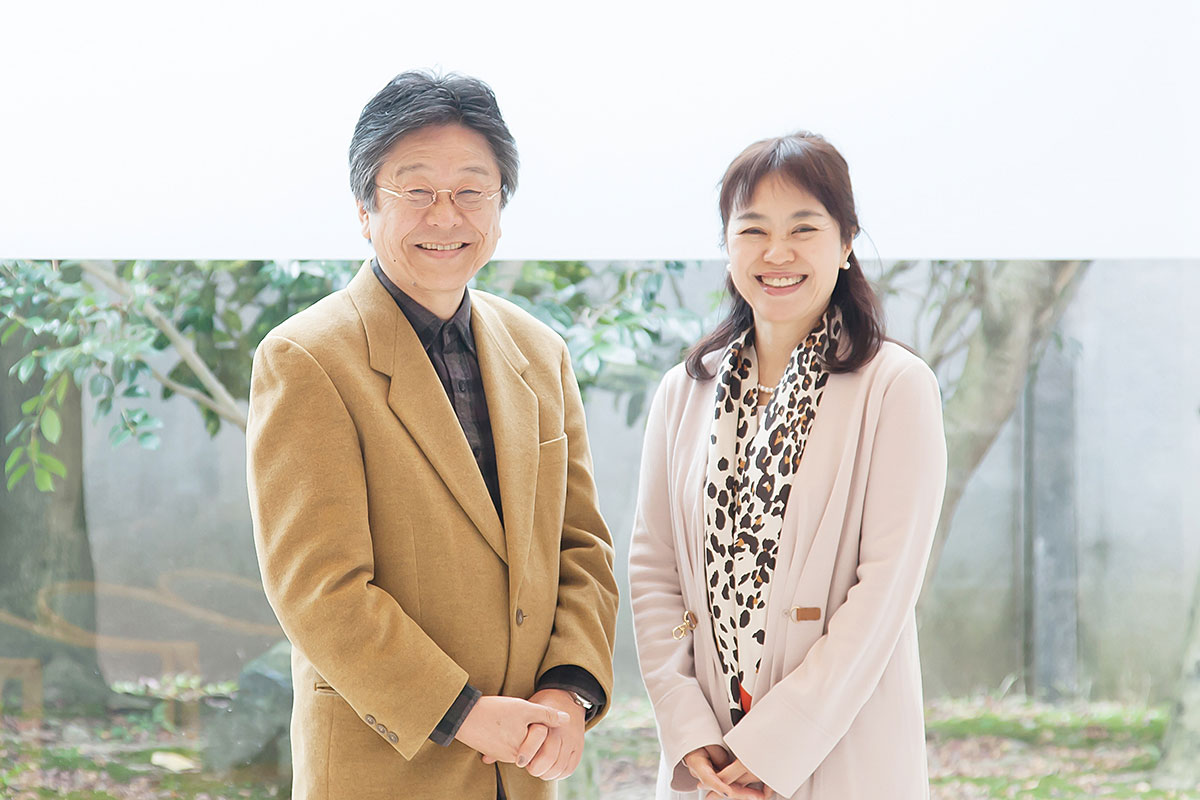
Shiro Dan(Left)
Professor, Graduate School of Science for Human Services
Subjects of research: Actuality of family support issues
Research keywords: Family therapy
Kuniko Muramoto(Right)
Professor, Graduate School of Science for Human Services
Subjects of research: Child-rearing support and prevention of child abuse, clinical support of women and children affected by domestic violence, sexual abuse, etc., intergenerational traumas caused by war, disasters, etc. and peace education
Research keywords: Clinical psychology
